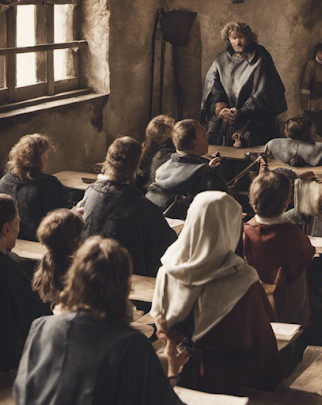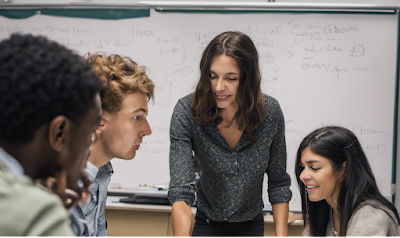The Lessons of History

T hroughout the ages, history has served as an invaluable teacher, imparting wisdom to the select few who have been receptive to its teachings. In online education and organisational development, the lessons of history resonate with unparalleled significance, offering invaluable insights that can shape the future of these fields. The significance of history as a teacher lies not only in the knowledge it imparts but also in the patterns it reveals, the mistakes it highlights, and the wisdom it offers for those willing to listen. The vast and diverse tapestry of history provides a rich backdrop against which we can examine the evolution of education and organisations. By studying the successes and failures of past educational systems, we gain a deeper understanding of effective teaching methodologies and instructional approaches. From the ancient Greek philosophers to the Renaissance scholars and beyond, history presents us with a treasure trove of educational practices that have st...





